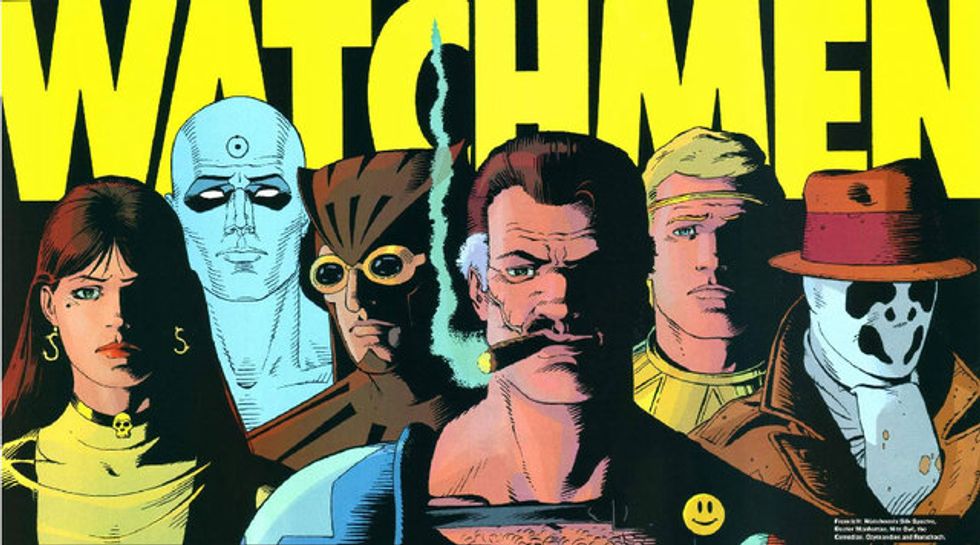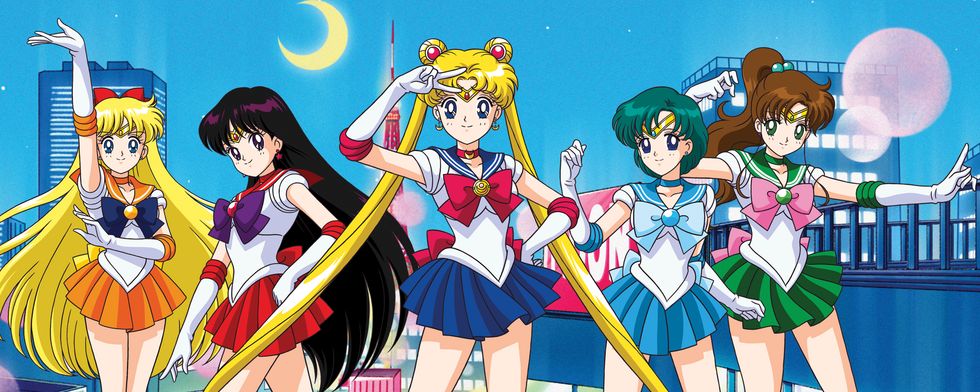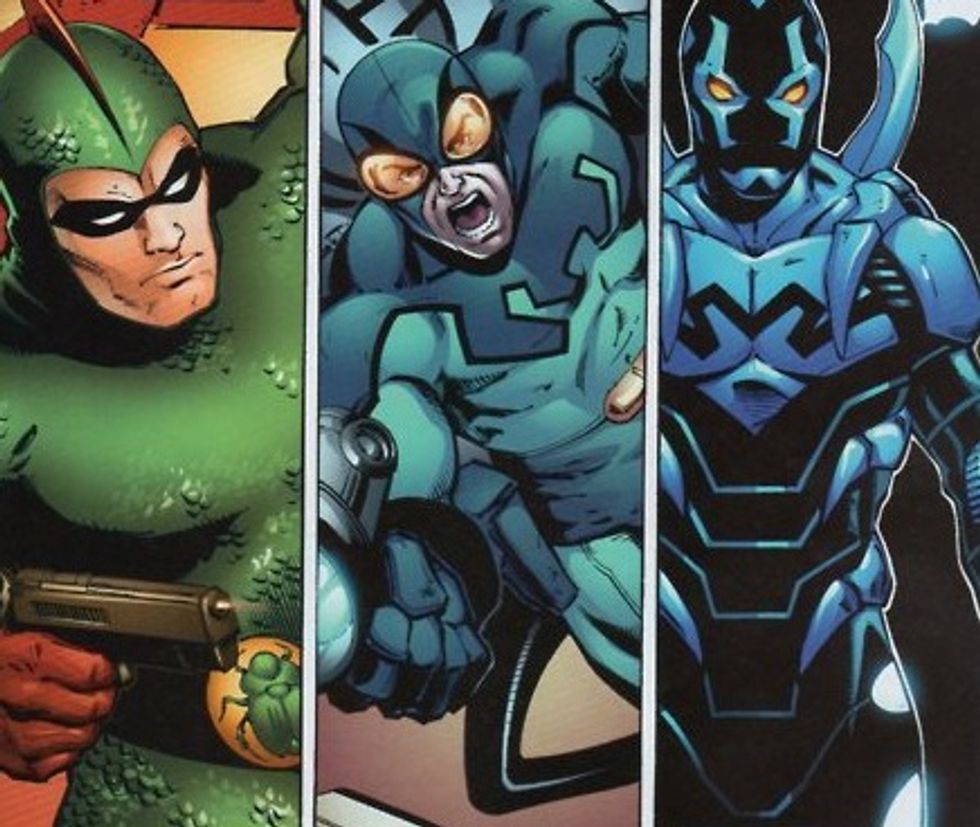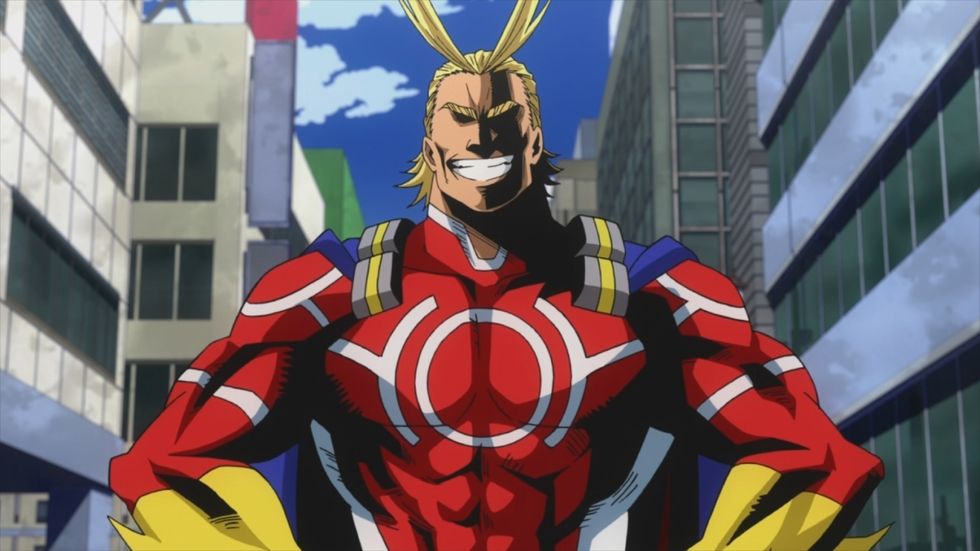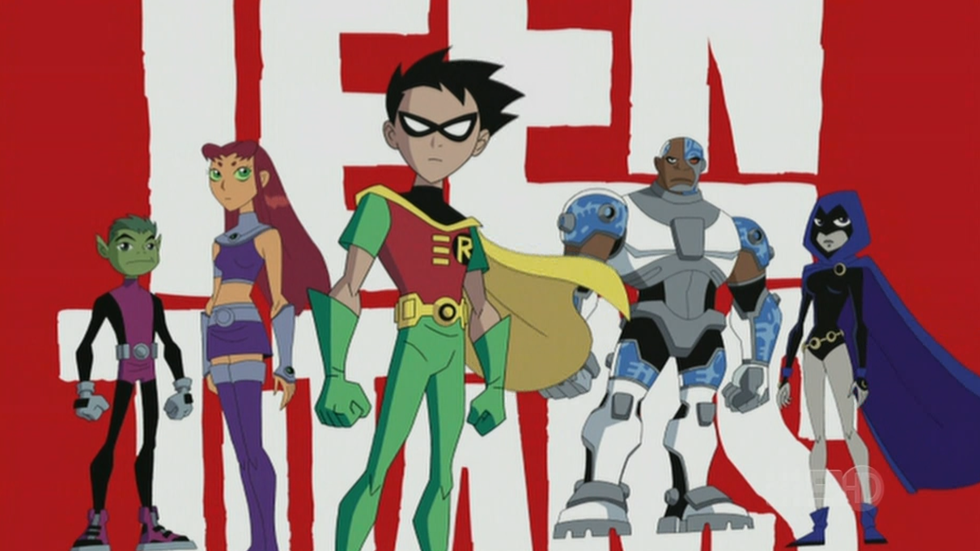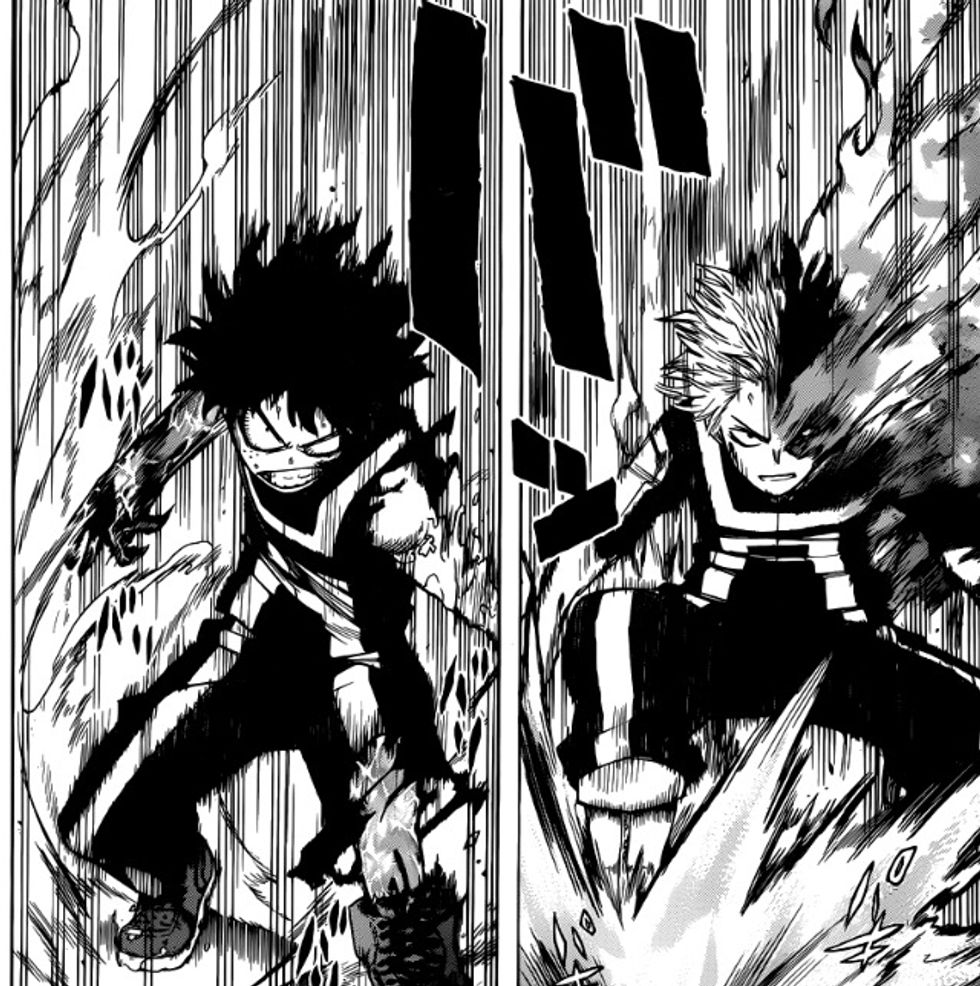This year is proving to be a great year for anime, with almost every season producing one or two series that have all anime fans and otaku talking. One of the most popular series this year is the second season of Kohei Horikoshi’s Boku No Hero Academia, also known as My Hero Academia.
Growing up as a fan of comic book superheroes, I was quickly drawn to Boku No Hero Academia when the first season aired in the Spring of 2016, and it felt like I waited forever for the second season to arrive. While I wait for new episodes of the anime, I have been reading and catching up with the latest chapters of the manga.
I would love to spend this entire article talking about why Boku no Hero Academia is a great series and list all of the reasons why everyone should watch it, but I feel like my friend Ivy did a better job of that in her article “Why You Should Watch My Hero Academia” than I would be able to do.
Instead, I will be using my lifetime of knowledge from reading comic books and watching superhero movies to examine how Horikoshi uses Boku no Hero Academia to play with the superhero genre and makes a story unique among it's American counterparts.
There have been stories about incredible heroes and superpowers since the beginning of storytelling. Ancient myths often told stories about gods and heroes that resemble the masked superheroes in modern day comic books. Superheroes as we know them, with capes, masks, colorful tights, and alter egos, are a very American invention, ever since the creation of Superman. Since Superman’s debut, writers and artists have been adding elements that would become staples to the superhero genre, like kid sidekicks, secret bases, and arch-nemeses. Some stories like Watchmen and The Dark Knight Returns have subverted the genre.
Meanwhile in Japan, shounen manga and anime told stories about super powered characters and large scale battles that resembled American superhero comic books. Stories like Dragon Ball, Naruto, One Piece, and Bleach include characters like martial arts fighters, ninjas, and pirates that are similar to superheroes but different enough to be within their own genre. Japanese magical girls, like Sailor Moon and Mahou Shoujo Lyrical Nanoha probably resemble American superheroes more than shounen stories, but are also unique enough to be within their own genre.
Recently, Japanese manga and anime have started telling stories about characters that explicitly resemble American superheroes, like One Punch Man and the aforementioned Boku No Hero Academia. While these stories are heavily influenced by the American superhero genre, they also add elements that are common in Japanese anime, making their own space in the genre.
Looking at Boku No Hero Academia on the surface, there are many elements taken from American superheroes. The characters have costumes, code names, like Endeavor and Mt. Lady, and superpowers, like super strength and gravity control. These traits are obviously taken straight from American superheroes, but there are also factors in Boku No Hero Academia that are not as obviously American.
One aspect is the theme of legacy. In Boku No Hero Academia, the main character, Izuku Midoriya, is born without a Quirk, or superpower, but wants nothing more than to be a hero. After an encounter with his childhood hero, All Might, Izuku is chosen to be the inheritor of All Might’s limitless superhuman strength and become his successor. This is really common in American superhero stories, where a hero will pass down his costume and name to another, or a character will pick up the legacy of a fallen hero. The Blue Beetle is one example. After the original Blue Beetle, Dan Garret, died, Ted Kord took the name for himself and carried on the legacy until he died, when the name was taken by Jaime Reyes.
Horikoshi's Boku no Hero Academia also honors the legacy of the world’s first superhero, Superman, through the character All Might. Like Superman, All Might is a symbol of justice and heroism. He serves as an inspiration for many of the characters in Boku no Hero Academia, including the protagonist, Izuku Midoriya, in much the same way that Superman has inspired most of the superheroes that exist today. All Might is also similar to Superman in his appearance. Both characters are tall and muscular, like bodybuilders, with a kind smile and a bright red and blue costume.
Besides embracing many of the themes and elements of American superheroes, Horikoshi also blends these concepts with tropes from the shounen genre in Boku no Hero Academia, making something fresh and enjoyable.
Shounen series tend to have teenage main characters, like Eren Jaeger from Attack on Titan and Edward Elric from Fullmetal Alchemist. The main cast of Boku No Hero Academia, Izuku Midoriya, Ochako Uraraka, and Tenya Iida, are all teenagers as well. While teenage superheroes are not really new in American comic books, with characters like Spider-Man and the Teen Titans, this is a more common trend in Japanese anime.
Almost every anime series has a high school setting. Just randomly pick out several anime from any given season and you’ll notice that most take place in a high school. Boku no Hero Academia is about Izuku’s journey to become a hero while attending U.A. High. High school settings are also not new to American comic books, but they are definitely not as prevalent as they are in Japanese manga and anime.
Boku no Hero Academia also makes itself unique by not always focusing on the battles between heroes and villains, but on rivalries between heroes. Heroes competing with each other while having some kind of friendship is a very typical anime trope. Rivalries are not as common in American comic books. When American superheroes battle against each other, it is not because they are competing to be the best hero, it is usually because their morals conflict or one hero mistakes another for a super villain.
Boku no Hero Academia is more than just another attempt to cash in on the popularity of superheroes. This anime respects and pays tribute to the American superhero genre while also adding its own characters and cultural trends. For anyone who loves superheroes and comic books, Boku no Hero Academia is an anime that you should definitely check out



